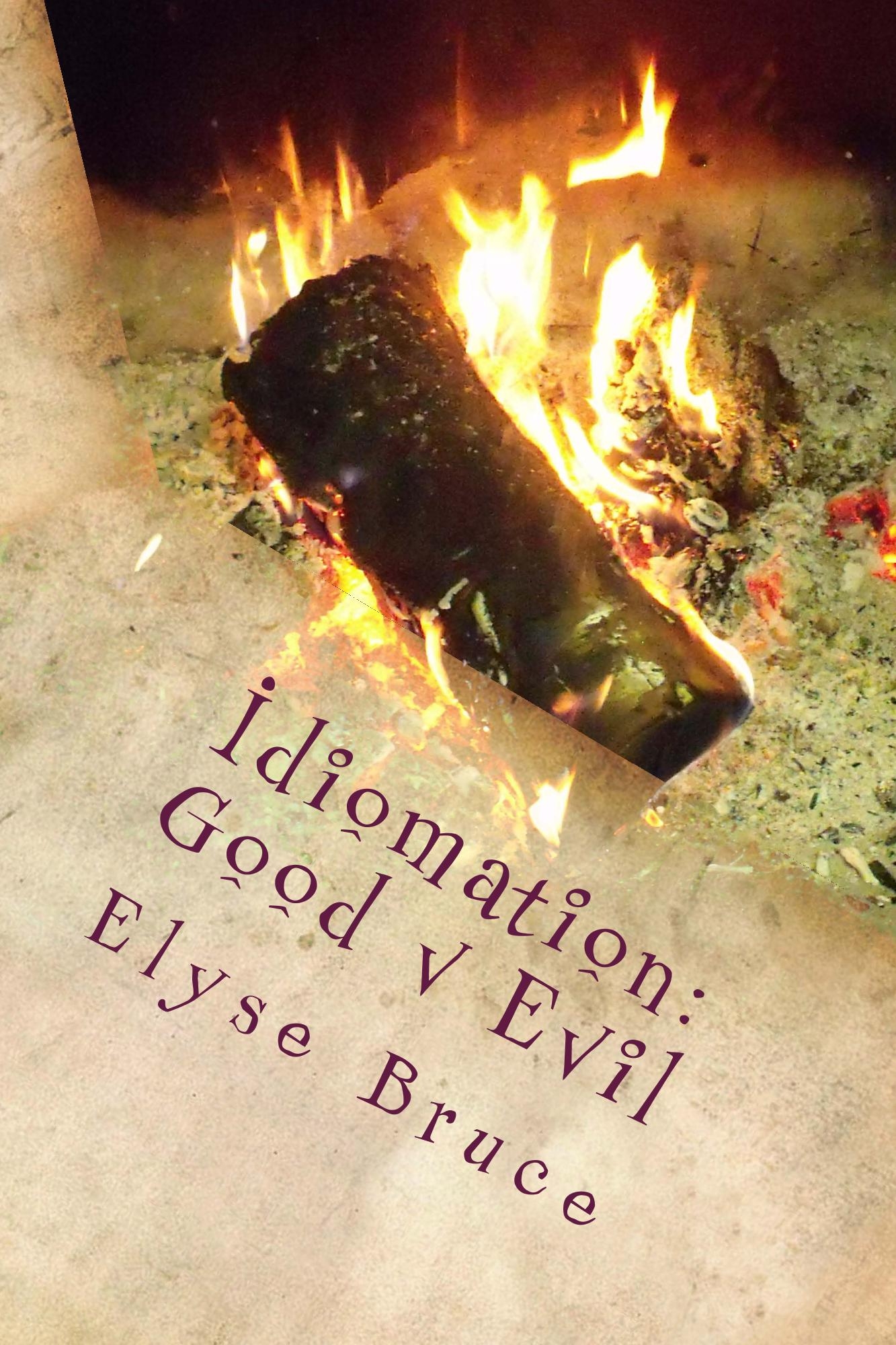All Dressed Up And No Place To Go
Posted by Admin on April 6, 2011
There’s a song called “When You’re All Dressed Up And No Place To Go” was written by Benjamin Hapgood Burt (1880-1950) and Silvio Hein (1879-1928) for the 1913 play, “The Beauty Shop” and appeared in the J.C. Williamson’s production of “Mr. Manhattan.”
When the light shines bright o’er the town at night,
And it’s laughter, wine, and song,
Life is one delight if you stand in right
But it’s fierce when you stand in wrong.
Though your soul may cry for the life on high,
And your coin you would gladly blow,
‘Tis a bitter cup to be all dressed up
When you’ve no place at all to go.
It was a well-used phrase as evidenced by a headline that ran in the Calgary Daily Herald on January 8, 1914 just 3 months after “The Beauty Shop” had opened on Broadway. The story told the story of how the Edmonton Eskimos had made a come back, defeating the Calgary Chinooks with a score of 8 to 4 in a scheduled inter city hockey game. The headline read:
Eskimos Defeat Chinooks By Fine Combination
All Dressed Up And No Place To Go
Jumping back nearly a hundred years before, to Winslow, Maine a headstone dating back to 1837 bears this inscription:
In memory of Beza Wood.
Departed this life on November 2, 1837, age 45 years.
Here lies one Wood enclosed in wood, one Wood within another.
The outer wood is very good, we cannot praise the other.
End elsewhere in Thermon, Maryland a headstone dating back to the same year reads:
Here lies an atheist. All dressed up and no place to go.
And so, in the end, the atheist is the last person left standing, so to speak.


Karen said
I enjoyed listening to the song from the Beauty Shop, nice that those old songs can still be heard, reminds me of the old classical movies…amazing just how far these sayings go back and the history behind them. Thank you!
Karen said
Better a big fish in a small pond, than a little fish in a big pond.
All Dressed Up and No Place to Bee | Bees with eeb said
[…] to the Historically Speaking blog here on WordPress, however, the quote appears on a 1837 tombstone in […]